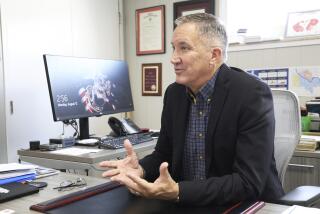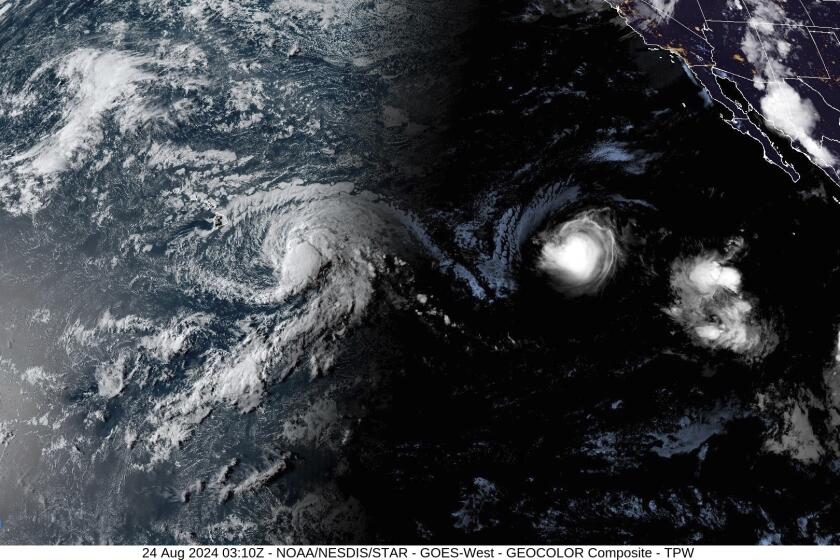International Business: Spotlight on HONG KONG : The Hong Kong Economy
The British colony has long been a thriving free market economy, which has prompted some worries about how the pending takeove by China will impact on one of Asia’s largest economies. Under an agreement signed with the British in 1984, the colony in 1997 reverts to Beijing control after 99 years of British rule.
THE ECONOMY:
With limited national resources, Hong Kong depends on imports for virtually all of its requirements, including raw materials, food and other consumer goods and fuel. But Hong Kong’s emergence as a world financial center has contributed to steady growth in the colony’s Gross Domestic Product, estimated at about $127.2 billion for 1994. Real GDP per capita for 1994 is about $10,855. Inflation, though still below double digits, has been higher than most industrialized nations, largely because of increases in property values.
SERVICES:
Largely due to Hong Kong’s role as a major internationl financial center, services account for about three quarters of Hong Kong’s GDP. The territory houses numerous domestic and foreign financial services companies, including banks, insurers, brokerages and investment concerns that play an important role in the emerging stock markets in Asia. Transportation and shipping are also major service industries.
TOURISM:
Tourism is the third largest foreign exchange earner and has grown rapidly in the past decade. In 1992, the number of tourists increased 16% and earnings rose nearly 22%. Visitors come mainly from Taiwan, Japan and Southeast Asia.
LABOR FORCE:
With some six million people live in an area of just over over 400 square miles, Hong Kong is one of the most densely populated regions in the world. Birth rates are moderately low, with more than 70% of the population between the age of 15 and 64. Some 2.7 million people are in the work force. Despite the lack of a minimum wage law, average labor costs are second only to Japan among Asian economies and skilled labor is in short supply. Real wages rose about 1.9% in 1993. There, however, is abundant unskilled labor, in part because of extensive illegal immigration from China and Vietnam.
TRADE:
Because of limited natural resources, Hong Kong relies heavily on imports for its manufacturing and consumer goods, amassing an expected $4.7 billion trade deficit this year. Hong Kong’s principal imports are food, chemicals, textiles and machinery while it exports mostly clothing, electrical machinery and data processing equipment. It’s principal trading partner is China, which relies on Hong Kong for reexports in addition to the regular trade that takes place between the two. Other major trading partners are Japan and the United States.
TRANSPORTATION:
The government has imposed rules to strictly limit private ownership of automobiles because of the limitations of the crowded territories roadways. As a result, car ownership is extremely low compared to other Asian cities. But has an elaborate system of public transportation. The international airport and a magnificent natural harbor provide many links to most areas of the world.
AGRICULTURE:
With only seven percent of Hong Kong’s land arable, agriculture amounts to less than one percent of GDP. The territory relies on imports for most of its food, although it does produce some rice, vegetables, livestock and flowers.
More to Read
Sign up for Essential California
The most important California stories and recommendations in your inbox every morning.
You may occasionally receive promotional content from the Los Angeles Times.






